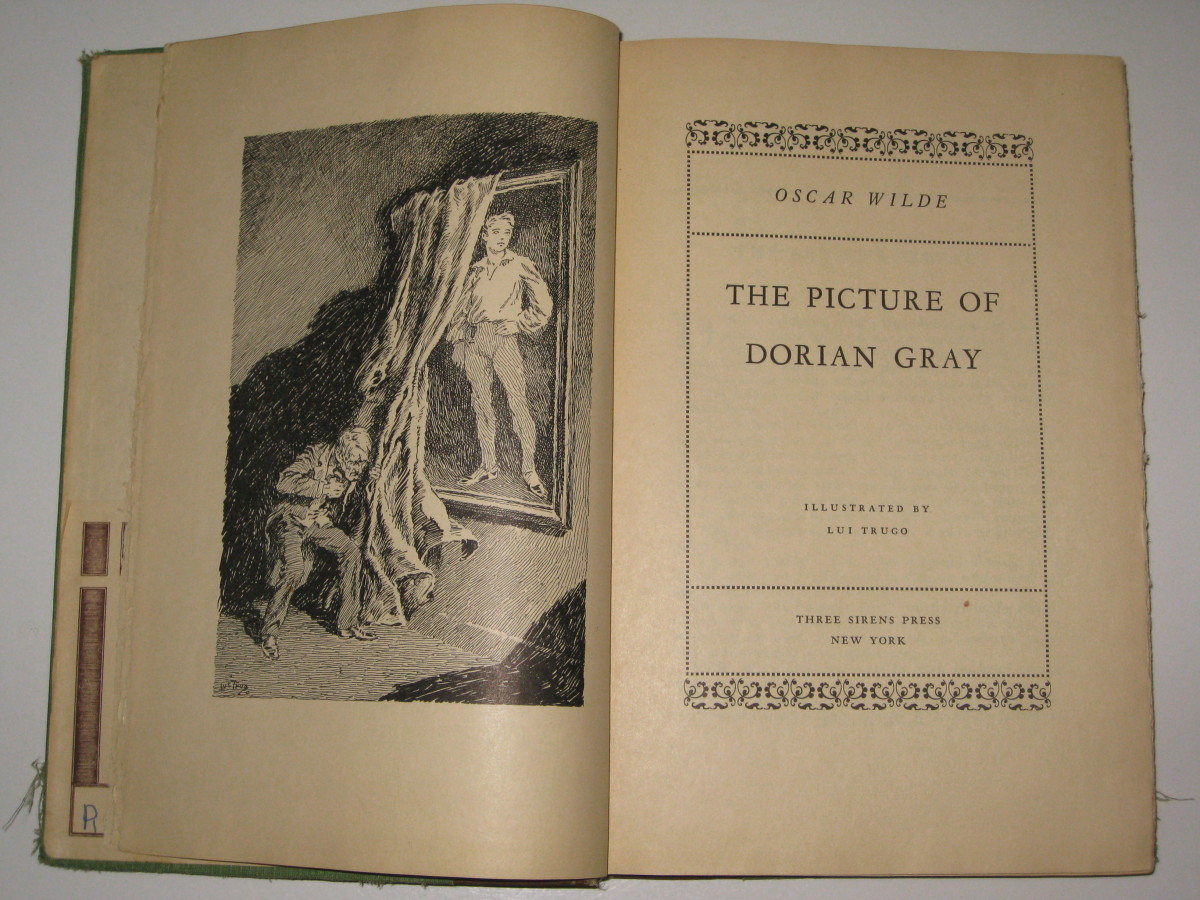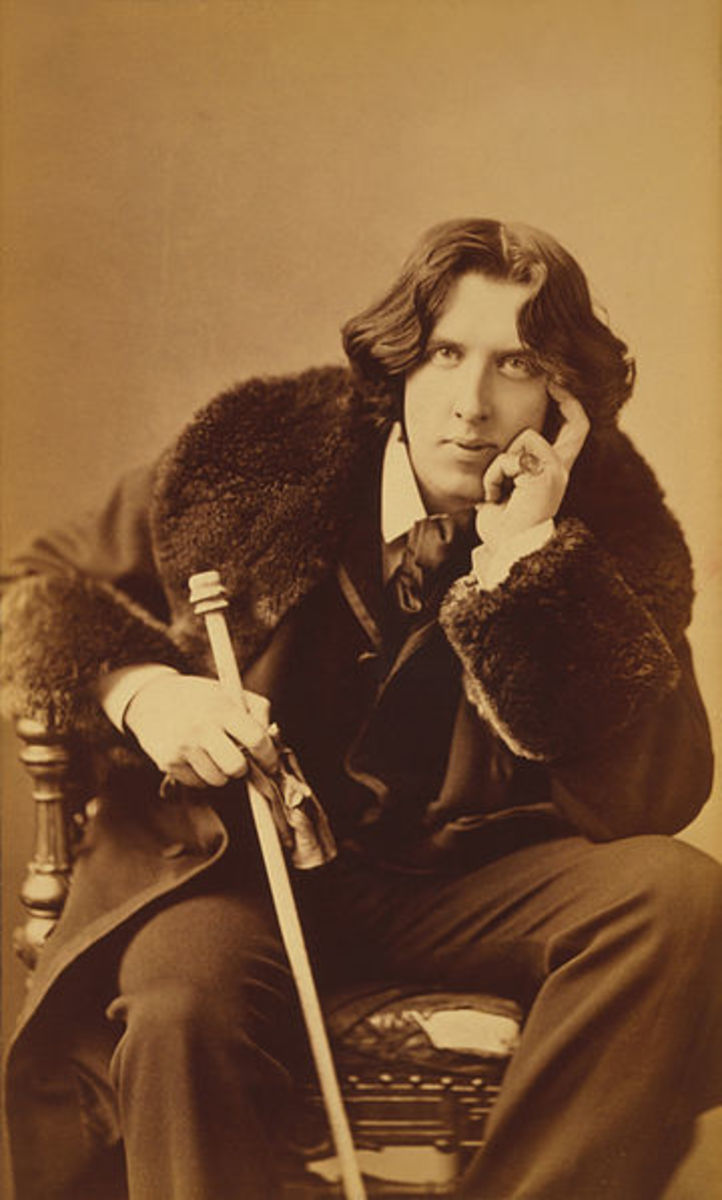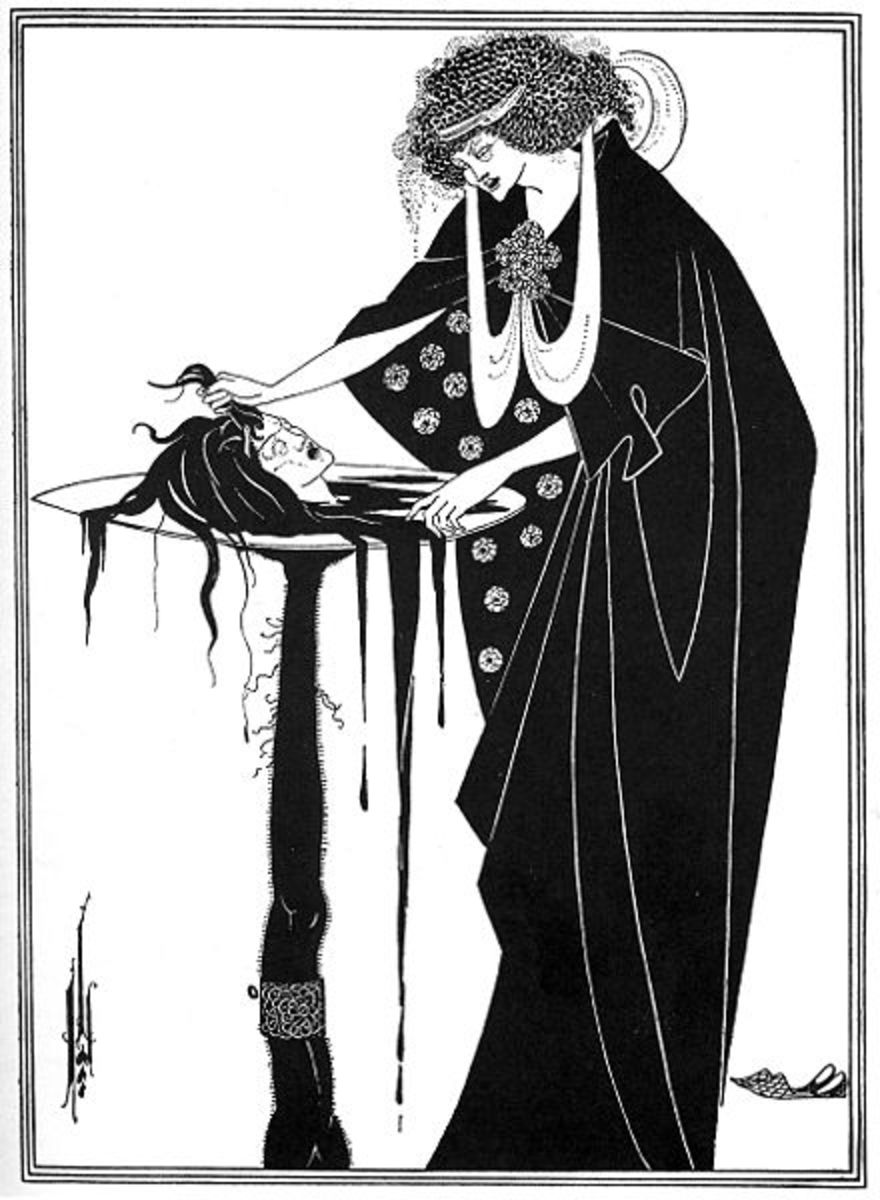On Oscar Wilde, Coming of Age and Aesthetics

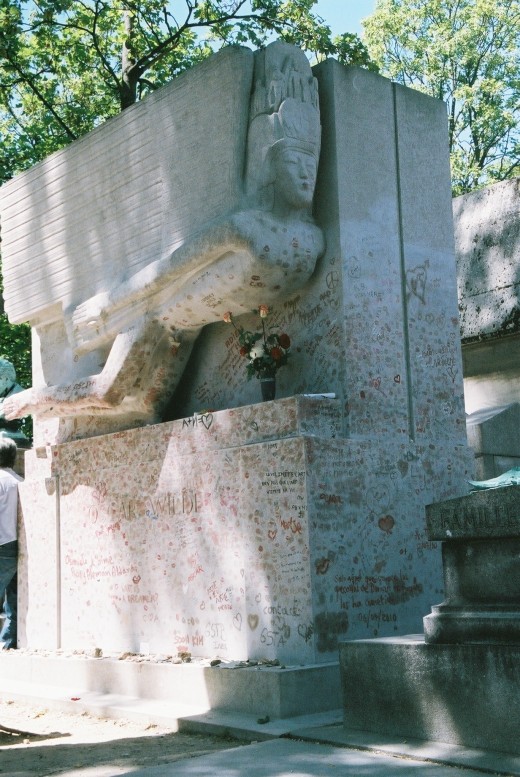
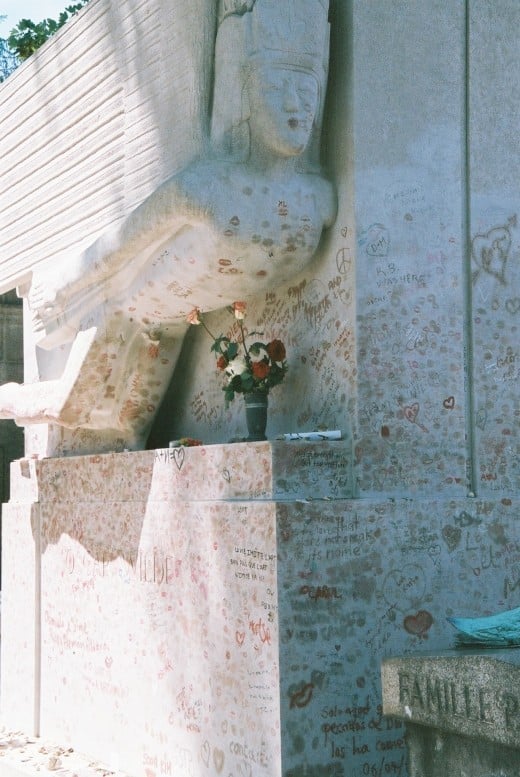
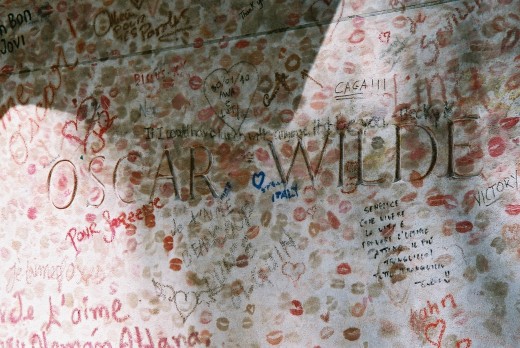
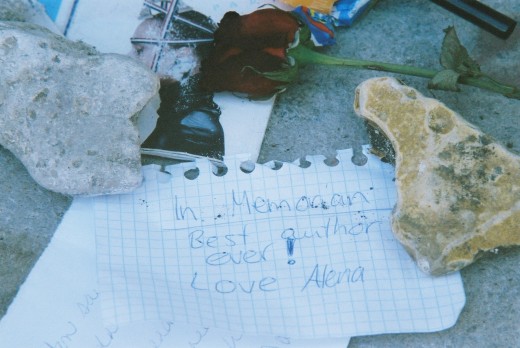
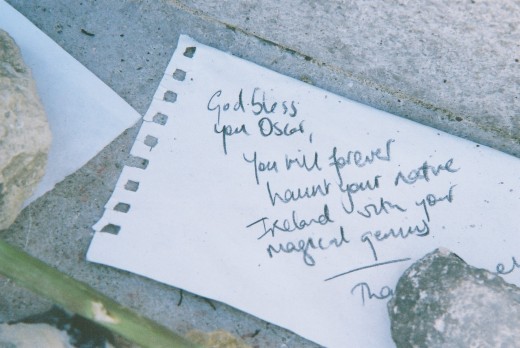

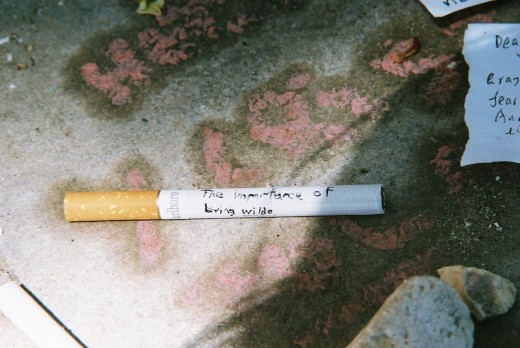
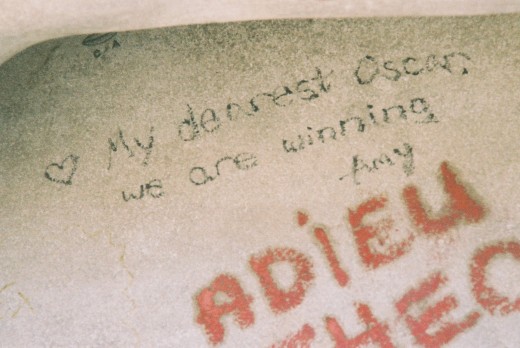
I discovered Oscar Wilde by chance. My sister (who is four years older than I am) was reading “The Picture of Dorian Gray” because she was using it to do a project for English class in high school. I saw the book on her bed, picked it up and tried reading the first page. I say tried because it was my first year in Canada and not speaking much English, never mind reading, the attempt to comprehend the words on the first page was futile.
“The Picture of Dorian Gray” opens-up with a description of the studio in which a painter, Basil Hallward worked:
“The studio was filled with the rich odour of roses and when
the summer wind stirred amidst the trees of the garden, there came
through the open door the heavy scent of lilac …”
Oscar Wilde continued in a most magnificent way portraying the atmosphere of the studio by telling the reader about the “honey-sweet and honey-coloured blossoms of a laburnum” which Lord Henry Wotton could get a glimpse of while laying on “the corner of the divan of Persian saddlebags”. Oscar tells us about the “long tussore-silk curtains” which produced “a kind of momentary Japanese effect” when the shadows of bird flying by would fall on it. He makes sure our imagination is fed the exact words in order to produce his desired image in our mind.
I understood none of this that day when I picked-up the book from my sister’s bed. What I did understand though, was that there was something I did not understand: “The Picture of Dorian Gray”. I was not happy with that and I only put it down for about four years and when I returned to it I read it many times over. I think it is a marvellous book; a great critique of British aristocracy during the Victorian times, which could be read as a social critique or as a fictional story which has moral implication on how we live our lives (or both).
I was in my late teens when Oscar Wilde captivated my interest in literature. I read everything he wrote and anything I could find that was written about him. I can honestly say that he “got me reading and writing”. His life intrigued me: his love for anything beautiful, his love for life and his passion amazed me. His wit displayed in plays he wrote such as “The Importance of Being Earnest”, “A Woman of No Importance” or “Lady Windermere’s Fan” through the use of satire is unmatchable. I think his love for writing shows in his work, no explanation is really necessary.
Reading about his life, how he was sent to prison and hard labour after being charged with sodomy upset me, when I first found-out about it. I was in my late teens as I said, a time of inevitable revolt against everything and all, so I think in a way the fact that he was sent to jail for being different (as a consequence of which he died sick and broke in Paris two years after being let out) made me even more interested in him, his thoughts and his writings.
There is so much to Oscar Wilde as an artist, a real genius actually in my opinion! His life was extremely rich in all senses of the word. For the most part of it, he lived loving like a child. Perhaps his innocence was part of the downfall.
When I went to see his grave in Paris at the Pere Lachais Cementary this summer, I did not know what to expect and what I saw stunned me. I could not stop the tears: the flying sphinx statue which is the top of his grave is covered in kisses and messages people have written over the years. It was a truly moving moment to see how much love and appreciation people are giving this man now in contrast to the hatred and pain he suffered at the end of his life.
I love you Oscar! You changed my life for the better at a critical time, more than anyone or anything else! Thank you!

